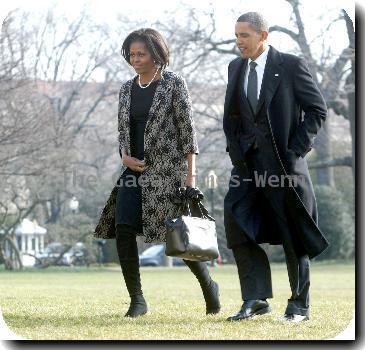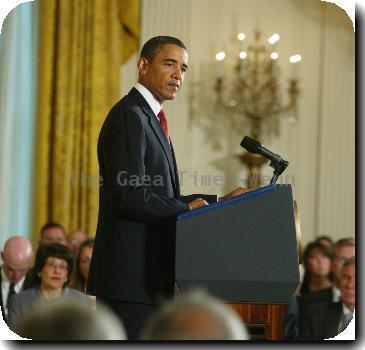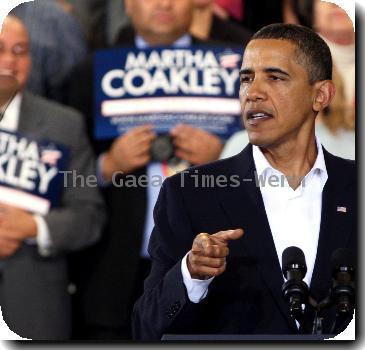Supreme Court campaign finance decision sparks debate on foreign influence in US campaigns
By Mark Sherman, APSaturday, January 30, 2010
Critics raise specter of foreign campaign spending
WASHINGTON — The Supreme Court’s decision on campaign finance has jumbled a seemingly simple rule of American politics — foreigners should play no role in U.S. elections.
President Barack Obama and other critics say the court’s decision to let corporations spend their money to directly influence elections opened the floodgates to foreign involvement. In last week’s address to Congress and the nation, Obama asserted the court had allowed special interests, “including foreign corporations, to spend without limit on our elections.”
That was a step too far. At the moment, foreign corporations may not spend any money in U.S. elections under a provision of federal election law that was untouched by the high court.
The court’s majority opinion by Justice Anthony Kennedy specifically left for another day “whether the government has a compelling interest in preventing foreign individuals or associations from influencing our nation’s political process.”
But Justice John Paul Stevens said in his dissenting opinion that the reasoning underlying the ruling “would appear to afford the same protection to multinational corporations controlled by foreigners as to individual Americans.”
The more complicated question is how to treat U.S. subsidiaries of foreign companies or American corporations that are controlled by foreign investors.
Before the court ruling, the issue was much more clear. Corporations, including some with foreign ties, could form political action committees (PACs), funded with voluntary and limited contributions from their executives and employees. But they could not spend money from their general treasuries to advocate for or against candidates for federal offices.
For the purposes of determining who could play, U.S. citizens and some legal immigrants could, and everyone else could not.
“The court has suddenly made the prohibition on foreign nationals a much more complicated affair to enforce,” said Tara Malloy, associate legal counsel at the Campaign Legal Center, which wanted the corporate ban upheld. “Now you may have a multinational corporation, and it’s unclear who is funding what, or even what groups in what countries have what interests.”
Floyd Abrams, the First Amendment lawyer who argued the case in favor of striking down the ban on corporate campaign spending, said existing rules that apply to PACs to limit foreign influence could have the same effect on corporate spending generally.
“That said, if it’s an American company, it would presumptively be governed by American law,” Abrams said.
Fred Wertheimer, a longtime advocate of limiting money in politics, said the existing Federal Election Commission rules are inadequate and that the FEC itself is ineffective in enforcing them.
The FEC is reviewing the court ruling and has taken no action so far, a commission spokeswoman said.
But several congressional Democrats are readying legislation that is aimed at blunting the court’s ruling generally and the influence of foreigners specifically.
In crafting their response to the decision, lawmakers have focused on the possibility that investment funds controlled by foreign governments, known as sovereign wealth funds, could end up playing a role in U.S. elections.
Rep. Chris Van Hollen, D-Md., said the bill he is drafting with Sen. Chuck Schumer, D-N.Y., aims to prevent foreign governments from trying to influence elections through investments by their sovereign wealth funds. “That’s the potential,” Van Hollen said. “If that potential is there, we have to do what we can to shut it down.”
But less clear, in a world where states compete for foreign investment and giant U.S. firms are happy to attract international money, is whether election law’s distinction between domestic and foreign corporate money makes sense.
For example, would money tied to Japan’s Toyota Motor Corp., which builds cars and trucks in four states and has parts suppliers in many more, be inherently any worse than contributions from Ford Motor Co., the American car maker that also has operations around the world?
On the Net:
Supreme Court’s ruling: tinyurl.com/ygkp6fb
Tags: Barack Obama, Campaigns, North America, Political Organizations, United States, Washington







